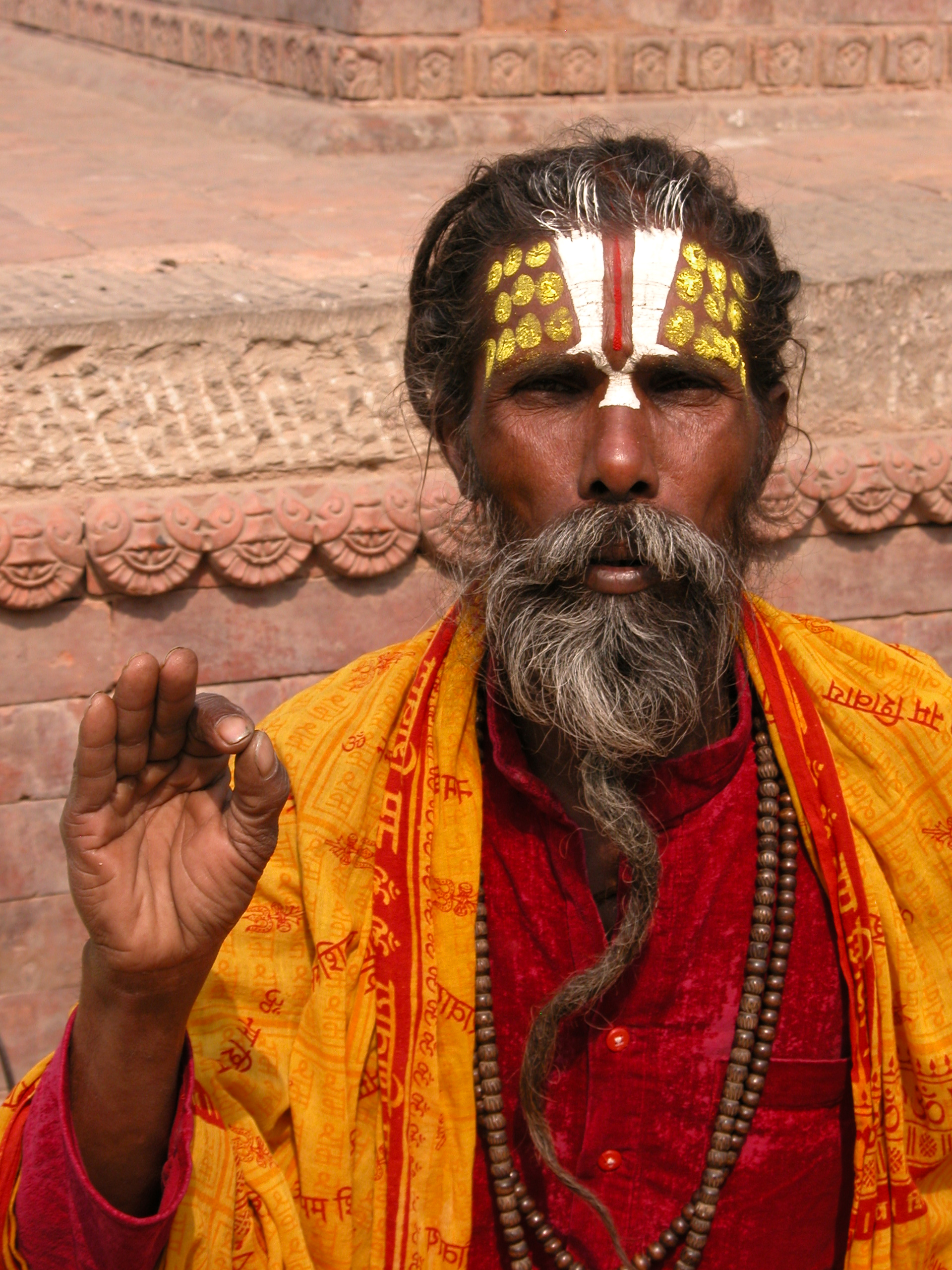See all that circled shit down there? That's Souvland. It's a seafaring desert country of mostly humans who still worship the absent gods - and critical to that worship is the illithid.
Long ago, the Souv grandfathers say, when the Planeswar had slaughtered sky and boiled the seas, the Precursors felt their wounded gods abandon the world. They gazed desperately after their fleeing deities and they screamed for them to return. They climbed to the roof of temples to roar at the skies, they wept before now-empty idols, they killed their priests in a desperate attempt to regain their god's attention.
Finally, they decided to become new gods. The Precursors who lived in the scorched lands that would in a millennia become Souvland recalled their delinquent gods, remembered their many arms, remembered the power of their Will, and sought to remake themselves in that image. They studied for generations, these new priests of their own future selves, scraping together magics from the wasted old world until they thought they were ready to ascend. They were wrong.
Some versions of the tale say that it was the arrogance of these men and women that changed the ritual so, but some others say that it was a god-sent curse. The magekillers of Kreidiiva say that Illithids are proof of the inherent foulness of magics and a symbol of what awaits those who aspire to godhood. Regardless of the reason, the result is the same.
What was meant to be a halo of limbs, a symbol of godly might, becoming a cluster of ropy tentacles tipped with grasping fetal fingers. The mouths that spoke the ancient spells were mangled into sucking toothy radulae, well-adapted for piercing skulls and consuming brains. What was meant to be the idealized body of a truly divine being became the gaunt and fragile form of a truly terrifying one. The one place they succeeded was in the replication of the Divine Will - despite their ruined physical form, the Illithids (an early Common word that is usually translated as "Leper-Priest") exhibited a yet-unknown power to influence others and manipulate the world around them naturally, without the use of magic. They (and the Souvs who worship them) call this power the Will, and see it as proof of how close they came to their goal.
Or so the stories go. That was some eight hundred years ago now, and none alive are truly certain how the Illithids came into being. However, the myths are so well-ingrained into Souvland's culture that Illithids occupy a unique position in society. They are revered, both for their perceived divinity and for the sacrifice their ancestors made. Illithids live for free in Souvland, are exempt from criminal charges and are frequently folk heroes. They wear wide brimmed hats to protect their delicate skin, they are given gifts of elaborate jewelry and clothing (golden chains connecting their tentacles, jeweled gauntlets, delicate silks draped over their faces like veils), they stroll through the streets followed by crowds of children who moisten their skin and paint their faces and tentacles with bright pigments.
 |
| Like this, but on a squidperson |
Killing a mind flayer is punishable by death in Souvland, but it is rare that someone who does makes it to trial without being torn to pieces by a furious mob. They are never asked to serve in the military and few do so willingly, much preferring to live an easy life in the cities.
Souv illithids almost never use the Will, simply because they don't have to. The greatest honor a dying Souv can receive is having an Illithid voulenteer to devour their brain. This act is called Executing the Will, and it is said that a person killed in this way both empowers the Illithid and immediately goes to heaven. It is so sought after as a way of death that it is custom for the sick or old paint a red circle on their forehead with sweet berry juice in the hopes that a passing Illithid will take mercy on them. The Illithid will then take custody of the corpse, carry it across town to their meticulously crafted sandstone palace-temple, and implant it with a fetal Illithid, who is said to have part of the essence of the deceased within them. Each Illithid is considered patron to the family that the body came from - a role which has very little connotation for the Illithid in question but is an important status symbol for the family.
Illithids prefer to live in communal groups - any city-sized settlement will have a few Illithids (probably one for every thousand people or so) who live as roommates in an opulent palace-temple, with a full staff of retainers. Outsiders often mistake these places for government buildings.
Illithids outside of Souvland are almost universally reviled. The culture shock makes them paranoid and desperate (and much more prone to use the Will offensively, along with their powerful magic)), and the fact that they no longer have a willing food source means they slowly starve while attempting to subsist on animals or turning to murder. They don't need to eat very often and they don't want to kill, but without consuming the brains of sentient beings, they will die. Were it not for the cultural quirks of Souvland, they likely would not have made it to a second generation. Their widely-known need to eat brains, along with the potency of their mental powers, have earned them the name Mind Flayers in other countries. In Souvland, though, it's a fistfight-worthy slur.

No comments:
Post a Comment